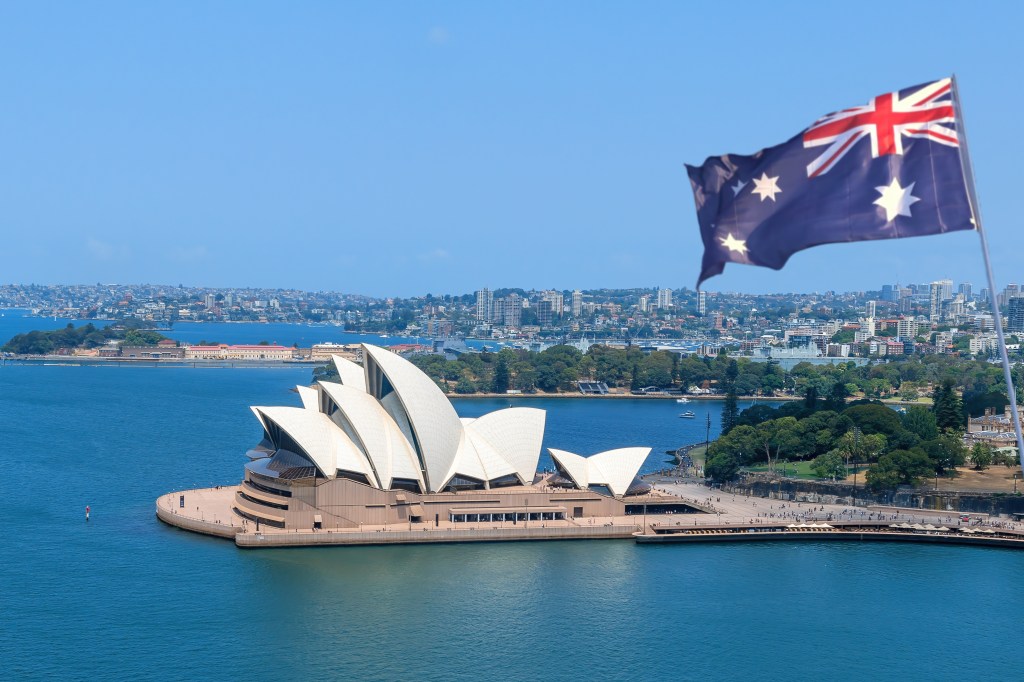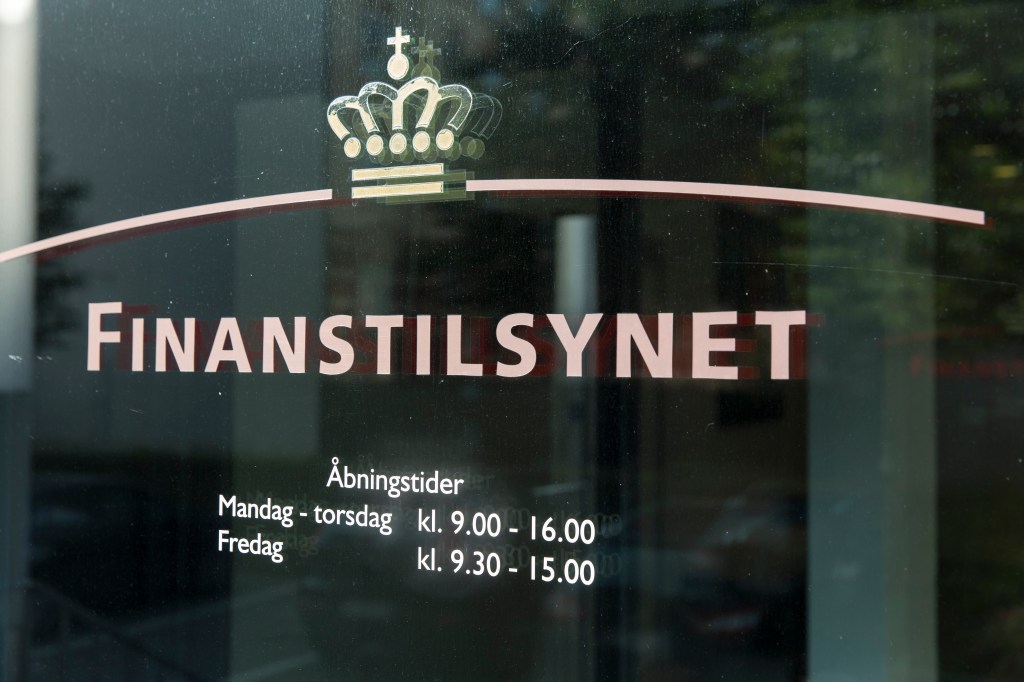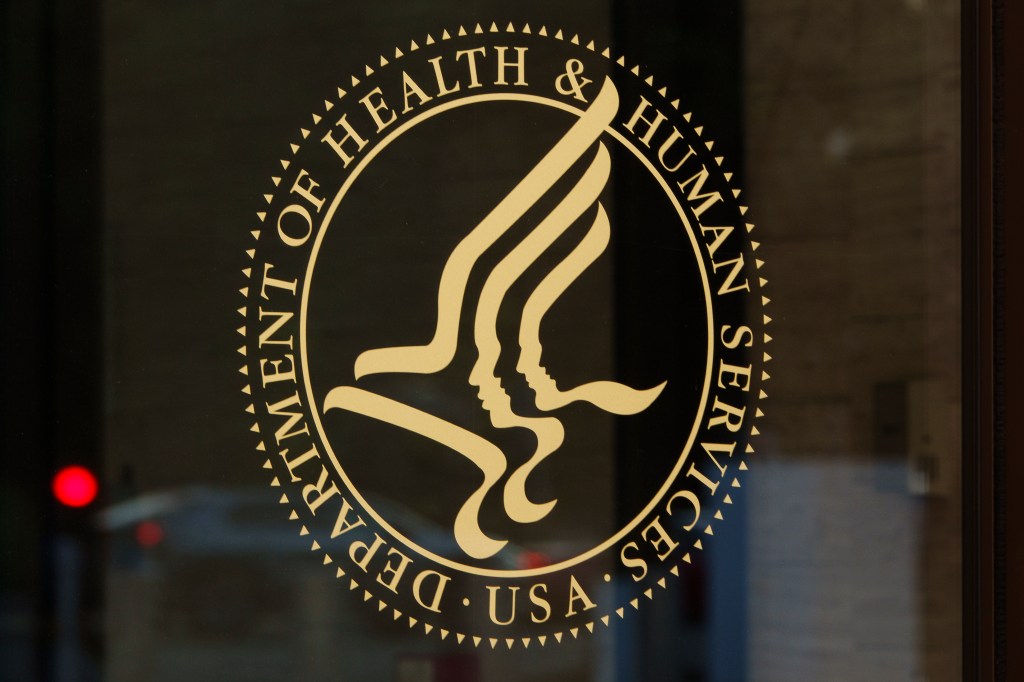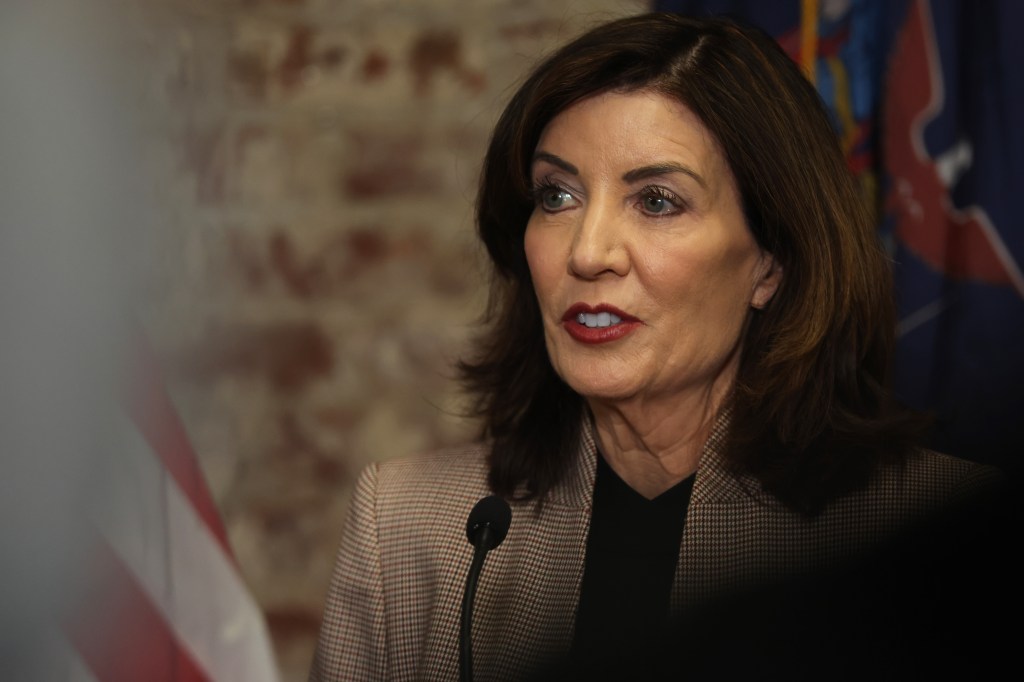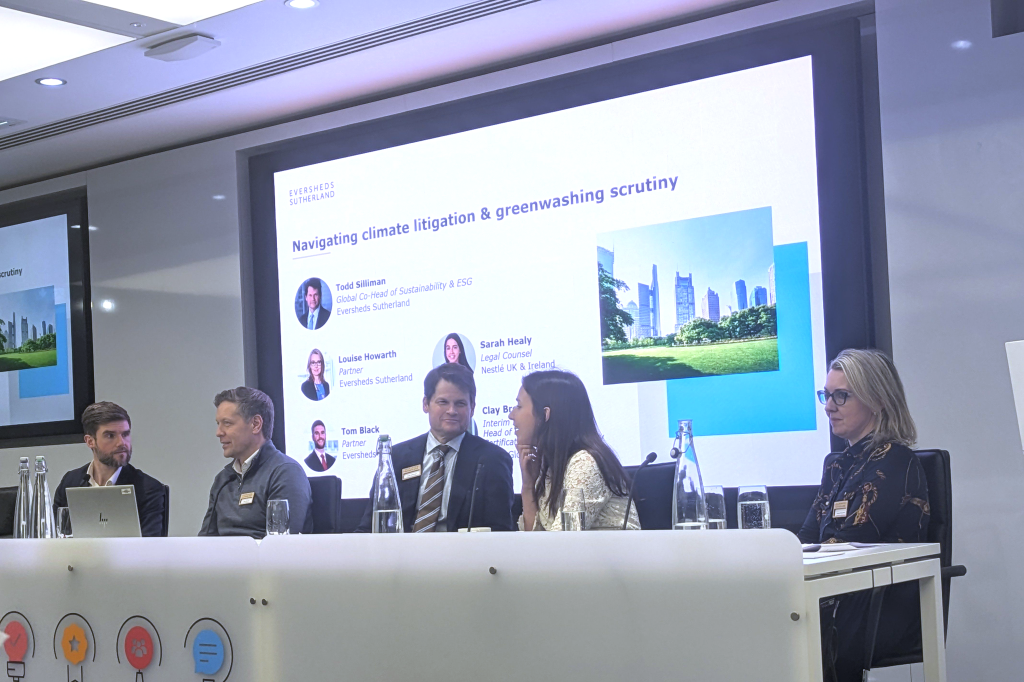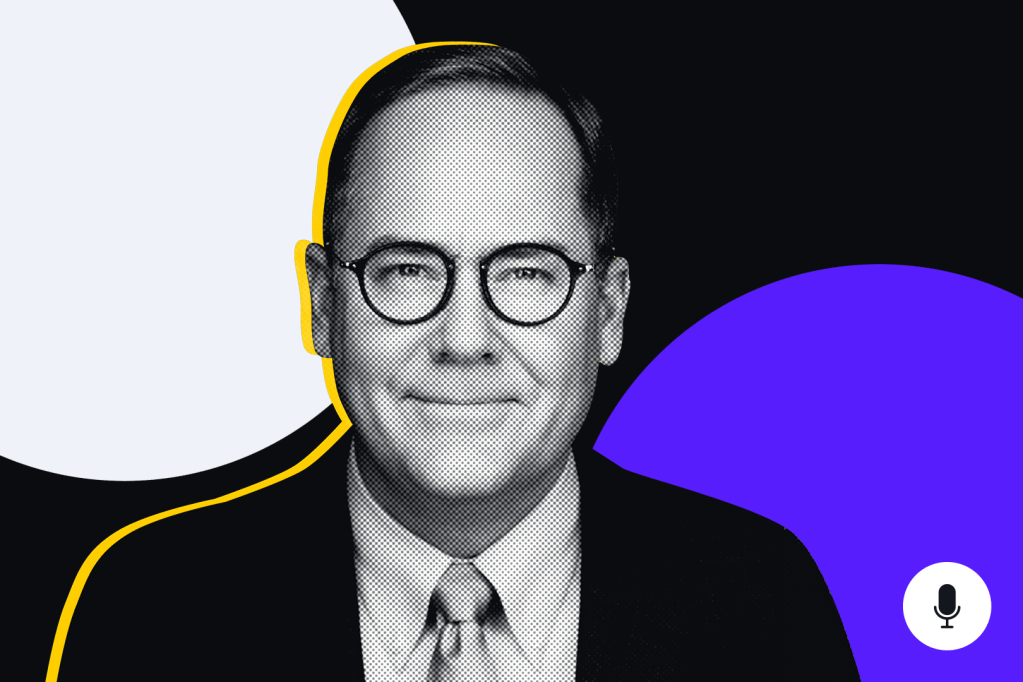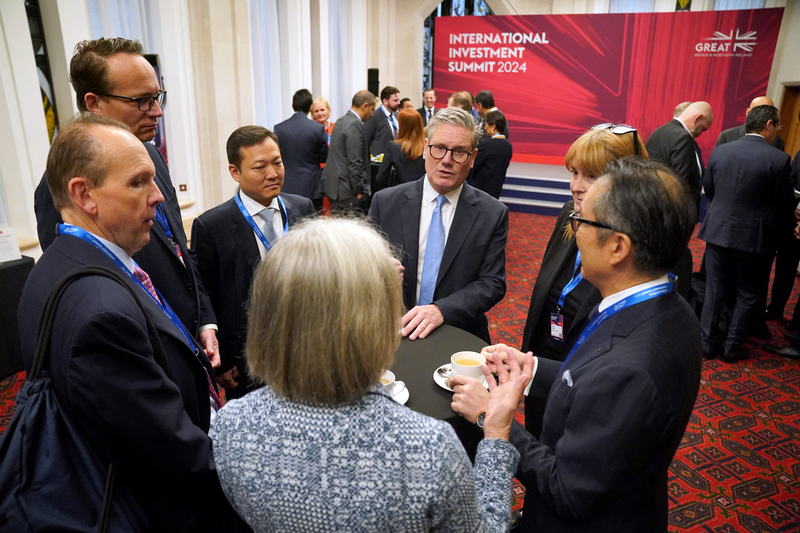Some of the world’s biggest and richest firms and their bosses mixed with policymakers at an International Investment Summit at the City of London’s prestigious Guildhall on Monday night. Participants came from the US, the Gulf, Asia and beyond.
It was significant because for the first time a UK government
Register for free to keep reading
To continue reading this article and unlock full access to GRIP, register now. You’ll enjoy free access to all content until our subscription service launches in early 2026.
- Unlimited access to industry insights
- Stay on top of key rules and regulatory changes with our Rules Navigator
- Ad-free experience with no distractions
- Regular podcasts from trusted external experts
- Fresh compliance and regulatory content every day

